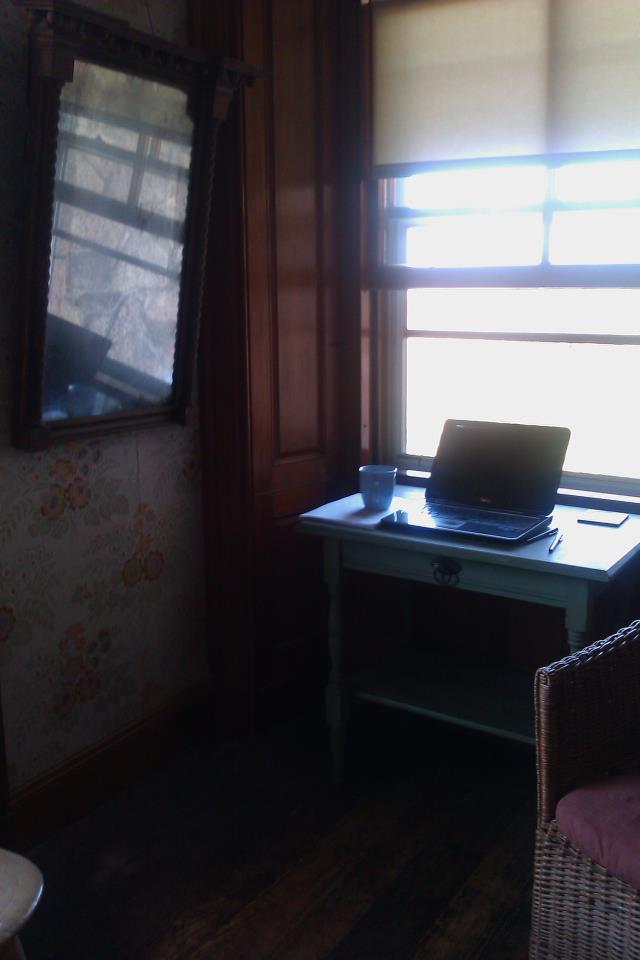I don’t think too much about writing; I just do it.
“Don’t laugh at me, but I think about writing a novel.”

- You are never too old to start writing. Alan wondered about this since he is in his late seventies. You can be too young, I think. You need some of the grit and craziness of life to get beneath your skin. If he was 17, I would have told him to live some. Folks are bound to disagree, but this is my list.
- No you don’t need to take writing courses. Alan wondered about this too. You do need a good grasp of language, composition and punctuation. Though I recently had a heated discussion about the Oxford comma, mostly there is a basic shared understanding of these things. For those of us who do not aspire to be the next James Joyce, form matters.
- Be ready to accept feedback and criticism. I had the benefit of working as a journalist for good editors. My very first job was with The Westport News with a chain-smoking Tennessean named Lucia (Loosha) Donnelly. She had a wicked fast red pen and a smoker’s laugh. She was kind but direct in her edits. At the New York Times, it was Gerry Shanahan who both terrified me and made me write better. If you’re starting out, be willing to let folks read your work. I told Alan to try writing a scene and read it to his wife, Trish. If she didn’t laugh, he was good to go.
- Find a small writing group to help you work through plot issues, voice and characters. Hearing and critiquing other people’s work is an important way to learn about your own. Groups keep you honest. At some point, you need to solo but a group will get you going. I had both an annual retreat group, who are still go-to people for me, and a weekly group that was invaluable.
- Contrary to #3, do not get stuck in what other people tell you. If you have a story, write it.
p.s. my early writing for The New York Times was under my first byline, Betsy A. Percoski.
Christine House liked this on Facebook.
Mary E. Mitchell liked this on Facebook.
Gretchen Getsinger liked this on Facebook.
I think it’s sad that your commas will never be Oxfordian. “In American English, a majority of style guides mandate use of the serial comma, including The MLA Style Manual, The Chicago Manual of Style, Strunk and White’s Elements of Style,[4] and the U.S. Government Printing Office Style Manual.” — http://en.wikipedia.org/wiki/Serial_comma which properly includes the serial comma before the final element of the list. ;- )
Joyce Znamierowski liked this on Facebook.
Amy Graver liked this on Facebook.
Linda Cutting liked this on Facebook.